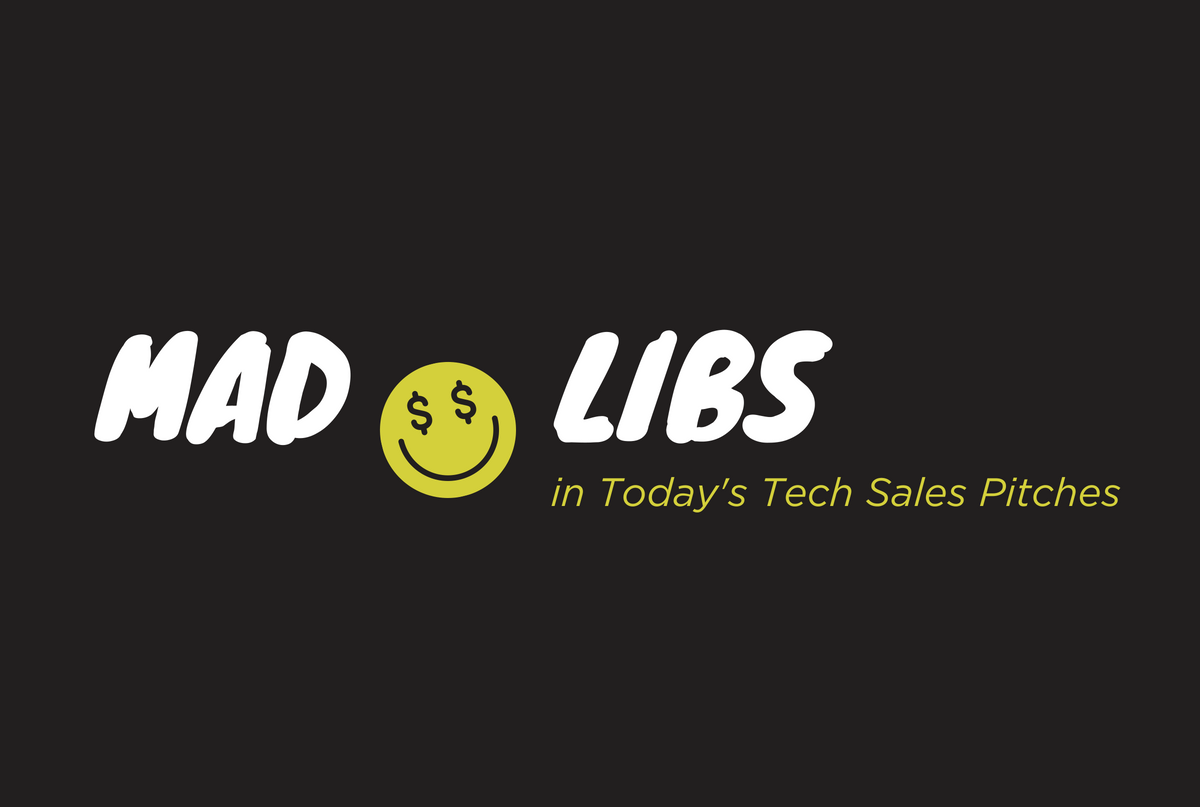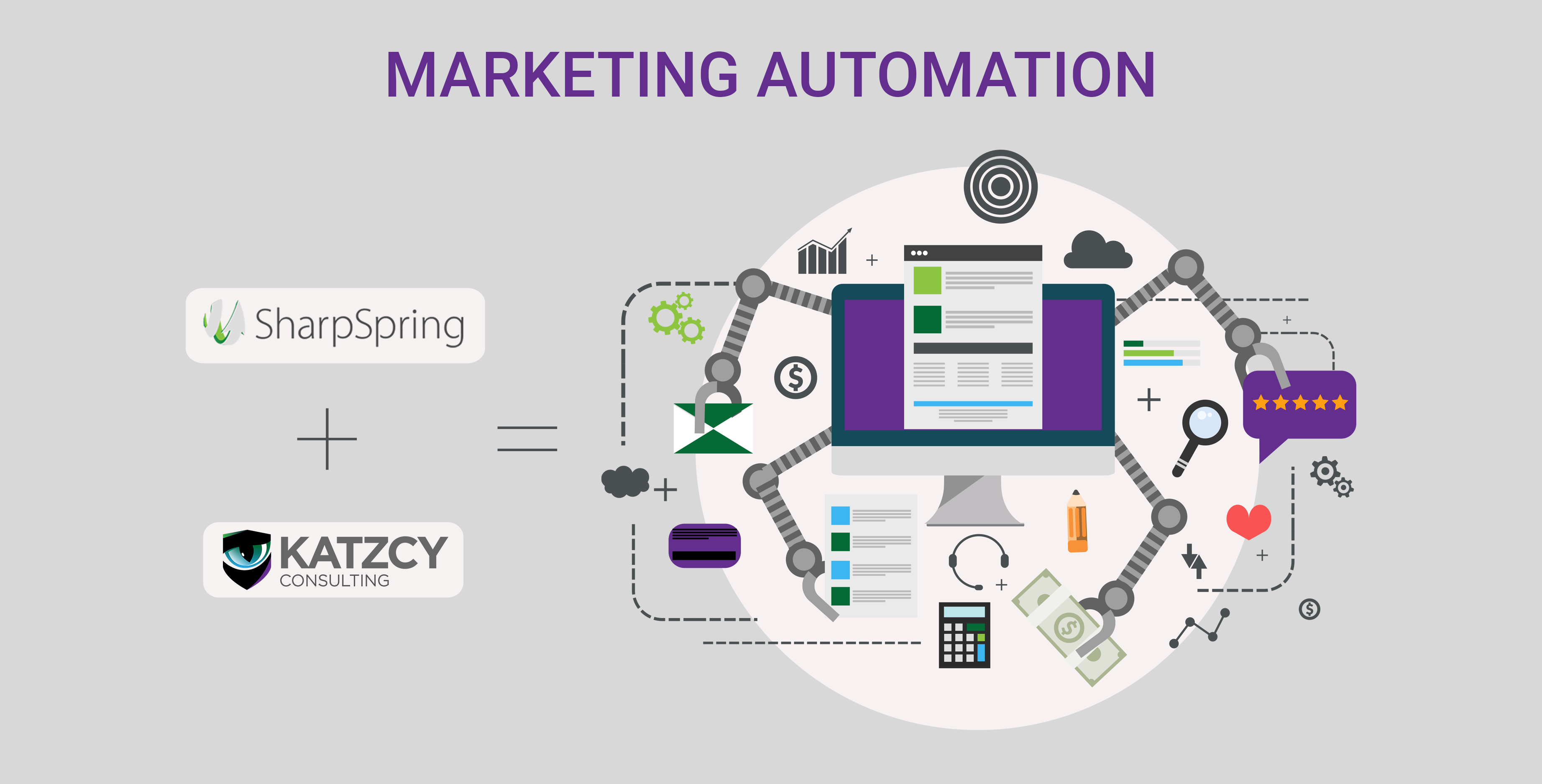Start with the End in Mind
Have you been in a meeting and heard someone blurt out, “We should run a marketing campaign!”? Yep, happens all the time. But that doesn’t mean campaigns are commonly understood or that everyone around the table will share the same definitions of success. So we thought we’d offer you Marketing Campaigns 101–what they are, the various types, and what are their typical components.
What’s a marketing campaign?
Campaign has turned into a blanket term for a program of marketing activities, which can mean it’s like the parable of blind men describing an elephant, where stakeholders come with lots of different interpretations. Hubspot’s definition resonates well with most people, “Marketing campaigns are organized, strategized efforts to promote a specific company goal, such as raising awareness of a new product or capturing customer feedback.”
Successful marketing campaigns should start with an end goal in mind, so that goal, along with the audience to be reached, will dictate the best tactics, content, messages, duration, and other components to deploy.
What types of marketing campaigns are there?
It’s pretty common to hear types of marketing campaigns identified by the channel that’s being focused on, for instance, an email campaign or social media campaign. However, a campaign type may also reflect the goals of the campaign, for instance, an event campaign may coordinate efforts across email, ads, social media, and onsite activations to ensure strong lead generation around an event. Or an awareness campaign may utilize both organic and paid tactics to boost a brand’s presence in the market. Here’s a list of some common types of marketing campaigns.
- Social Media Campaign
- Paid Marketing / Advertising Campaign
- Email Marketing Campaign
- Content Marketing Campaign
- Product Marketing Campaign
- Brand Development Campaign
- Event Campaign
- SEO Campaign
- Public Relations / Awareness Campaign
- Direct Mail Campaign
What goes into a marketing campaign?
Marketing campaigns range from the simple and short-lived to long and complex, so there’s not a one-size-fits-all answer to what goes into a campaign. This list should get you started from a planning perspective:
- Goals & KPIs - What you want to achieve in this campaign and how it will be measured. For example, a content campaign might be measured by organic traffic to and views of blog.
- Audience - Well-defined target buyer informs the channels and messaging. Key ingredients for success.This may include job titles, industries, companies, countries or regions, company size, what stage of the buyer's journey to target, if they know the brand, problems to be solved, and more.
- Budget - How much will you spend to achieve your goal. Not all marketing campaigns will require incremental spend, but many do and should factor in items such as advertising cost, design work, etc.
- Channels - How will you distribute your messaging and reach your audience. Effective campaigns often use multiple channels to reach buyers. Choosing the most impactful channels is critical to managing your budget.
- Content - What types of content will power the campaign, is it blog posts, ebooks for download, press releases, etc. As with channels, it’s common to have multiple types of content used to promote the key messages in a single campaign.
- Creative - The design aspect of your campaign that fits your brand and purpose for the campaign, may be images, ads, video reels, or website landing page assets that all convey a shared visual identity.
- Timeline - if you’ve defined SMART goals for your campaign, you’ve probably covered this already. But it’s important to note if there are specific dates driving the start and end of your campaign, i.e. event dates, or forecasting pipeline growth targets.
Planning your next campaign?
Whether you’re planning your next campaign, or need some help optimizing a campaign you have in motion, Katzcy can help. Contact us to discuss your campaign, automation, content and creative needs.
Share this
You May Also Like
These Related Stories

Tech “Mad Libs”: Stop Selling on Specs!

Making the Leap to SharpSpring
-3.png)